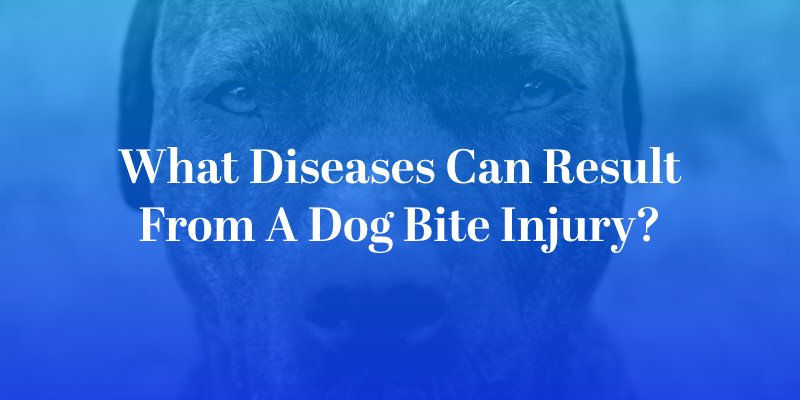
A dog’s mouth can contain many different kinds of bacteria and pathogens. If a dog bites someone and breaks the skin, these can be transferred to the victim, resulting in various diseases and infections. If you experience this type of complication after a dog attack in San Antonio, consult with a dog bite injury lawyer in San Antonio about your legal options.
Capnocytophaga
Researchers have discovered hundreds of different strains of bacteria present in animal bite wounds, but some are more common than others. Capnocytophaga is a bacterium that can survive in the mouths of dogs and many other living organisms. When it enters a human’s bloodstream, Capnocytophaga can cause an infection that rapidly spreads and can even become fatal.
Cellulitis
Cellulitis is a type of bacterial skin infection that can stem from a dog bite injury. It can show symptoms such as reddening of the skin, swelling, pain or tenderness, blisters, red spots, pus, and fever. Serious cellulitis can lead to a victim being hospitalized. If not treated in time, cellulitis and other bacterial infections can lead to sepsis, a potentially life-threatening condition.
Lymphangitis
If a dog bite wound becomes infected, it could result in lymphangitis, an inflammation of the lymphatic vessels that is a common complication of skin infections. The most common sign of this syndrome is red streaks extending out from the bitten area. This can signify an infection spreading through the lymphatic system. If left untreated, lymphangitis can lead to blood poisoning.
Meningitis
In some cases, the presence of certain bacteria in a dog bite injury can lead to meningitis, which is an inflammation of the membranes that encase the brain and spine. Meningitis is a serious potential health complication that is often connected to contact with bacteria such as Pasteurella and Capnocytophaga in a dog’s saliva. Meningitis can have lasting effects in serious cases, such as seizures and difficulty with vision, hearing and speech.
MRSA
MRSA, or Methicillin-resistant Staphylococcus aureus, is an infection caused by contact with a staph bacterium. MRSA is resistant to many antibiotics and can result in painful bumps or swollen areas that may turn into deep abscesses. If the bacteria burrow deep into the body rather than staying on the skin, they can cause life-threatening infections in bones, joints, the bloodstream and organs.
Pasteurella
Pasteurella multocida is one of the most common types of infections caused by dog bite injuries. It is a soft-tissue bacterial infection that, in serious cases, can affect the central nervous system. This type of infection tends to show symptoms sooner than infections caused by other bacteria.
Rabies
Rabies is a serious disease that is fatal in 100 percent of cases where the virus infects the central nervous system and shows symptoms. However, death by rabies is preventable with prompt treatment that consists of the administration of a human rabies vaccine. Dogs are responsible for 99 percent of human rabies cases, according to the World Health Organization.
Injured in a Dog Attack? Contact an Attorney for Help
If you contract a disease or infection from a dog bite injury in Texas, you may be eligible for financial compensation for your related medical costs, pain and suffering, lost wages, and other damages. Contact a dog bite injury lawyer at Hill Law Firm Accident & Injury Attorneys to request a free consultation about your specific case.